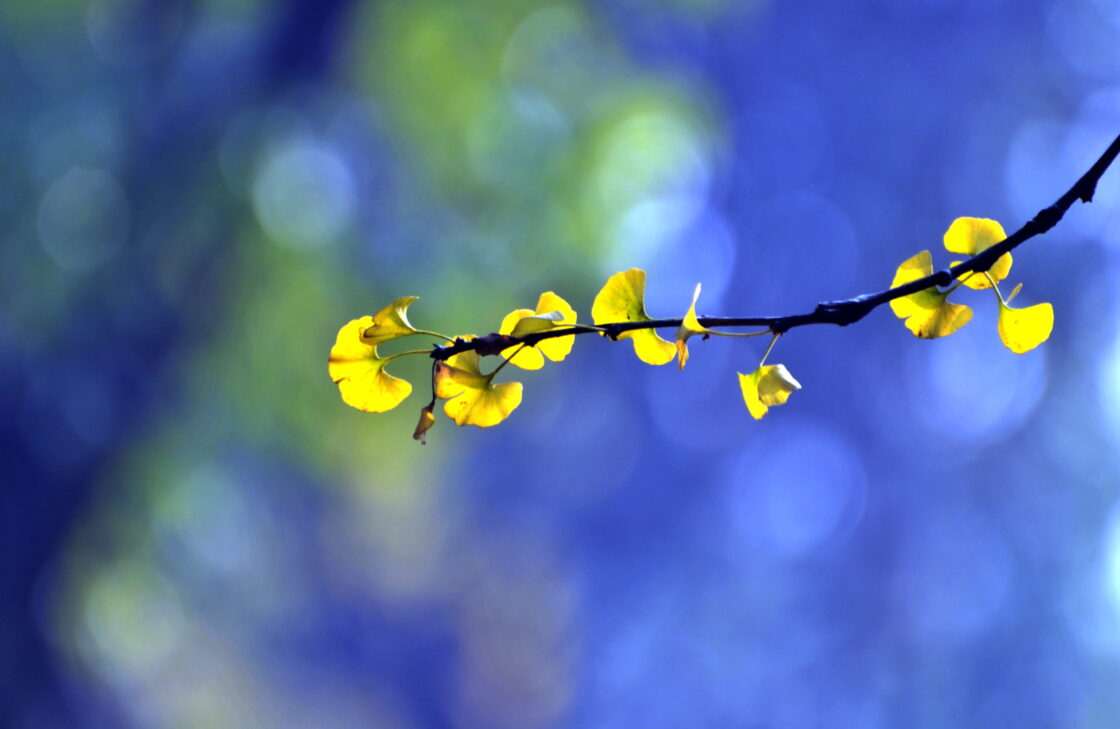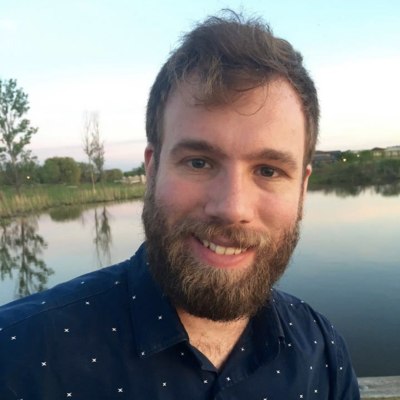Sacred Vision: Writing Spiritual Poetry
with Sam Buntz

December 10, 2025
Length: 4 weeks
Open to AllText and Live Video
Zoom sessions Thursdays from 7-9 PM Eastern
Original price was: $345.00.$295.00Current price is: $295.00.
Elevate your writing by developing the transcendent vision of a poet. Together, we’ll investigate the connection between poetry and divine inspiration, reading and discussing great poems by Rumi, Basho, Buson, Wordsworth, Blake, Dickinson, Tagore, and Rilke.
The moments of heightened vision and experience described in these poets’ work are still accessible today. You’ll learn how to find and cultivate them, and you’ll apply the insights you discover to your own methods as a poet, practicing new ways of seeing poetry in the world while channeling inspiration from a deeper source.
The quality of attention a poet brings to any specific moment is what makes it come alive. By bringing total attention to our encounters with the world, poets find a larger reality hidden inside the minimal. Through our readings, we will discover how to experience the world with this poetic sense, and how things begin to speak to us when we do.
We’ll begin by looking at how poets in the ancient and medieval world saw their poems as a gift from the gods, or as the result of meditative and visionary insights. Then, we will engage the same mindset in creating our own work. We’ll proceed onto the revolution in consciousness brought about by poets like Blake and Rilke, who sought to find moments of extraordinary spiritual illumination hidden in the ordinary moments of life—“a world in a grain of sand and heaven in a wildflower.”
Guided by these insights, we will hone our receptivity to the messages hidden in the natural world, and reflect this in the poetry we write for the course, producing increasingly striking and publication-worthy poems for each session.
Who This Course is For
This course is for poets who wish to write poetry that channels spiritual inspiration. All backgrounds and experience levels are welcome.
Learning and Writing Goals
Learning Goals
In this course, you will:
- Gain a deeper comprehension of how poets throughout history approached spirituality and how it inspired and illuminated their work.
- Read great poems from various cultures and compare and contrast the ways in which they experienced and understood spiritual illumination.
- Better understand how poetic “seeing” works, accessing moments of vision in your daily lives and in your poetry.
Writing Goals
In this course, you will:
- Write four poems, one for each class session, each one increasingly publication-worthy.
- Apply insights from great poets (in whatever way you personally understand them) to enhance your own writing.
- Seek direct inspiration from the Muse to aid your poetry.
- Write without any prior conceptions clouding your vision, seeing the world with poetic clarity.
- Develop a deeper sensitivity to the current of poetry running through everything and let it inform your writing.
Zoom Schedule
We will meet via Zoom on Thursdays from 7-9 PM Eastern. In each live session, I’ll give a short talk on the week’s material (roughly 20–30 minutes) followed by a 30–45-minute discussion of the week’s readings. In the remaining 45-60 minutes, we’ll workshop the week’s assignments.
Please note, this course will not be in session for the week of Christmas.
Weekly Syllabus
Week 1: Seeking the Muse through the Ages
We will discover how ancient cultures in Greece, India, and elsewhere experienced poetic inspiration as a form of possession by the gods and see how this experience has endured into the modern world through our reading of Rimbaud and Shelley. We will seek inspiration directly for our first assignment, asking the Muse to inspire our poetry. This will be followed by a workshop.
Assignment: Imagine a being that, for you, is the Muse. The Muse can be a real person, an imaginary being, a historical figure, a god—whoever most inspires you. Literally get down on your knees and ask the Muse for poetic inspiration. Try to make yourself empty, calm, still, and receptive to the Muse’s inspiration. Then, write a poem that comes out of this experience.
Week 2: The Power of Seeing Clearly: Finding Poetic Inspiration in Japanese and Persian Poetry
We will learn how the Sufi poets of Persia pursued divine inspiration in their poetry through spiritual practice and how Japanese poets used a Zen-inspired meditative perspective to see more deeply into the nature of existence. We will closely read poems by the great Persian poet, Rumi, and by Japanese masters of the haiku like Basho, Issa, and Buson. We will apply similar methods of seeking poetic illumination to our own poems for this week and workshop them.
Assignment: Go outside or look outside and observe something—anything—completely clearly and without drawing on your own emotions. Try to focus completely on the act of observation, cultivating an inner state of stillness. Write a poem or prose poem describing exactly what you see. You can think metaphorically or figuratively about what you’re seeing, it doesn’t have to be a completely literal account, but it should be a completely authentic account. The purpose is just to see.
Week 3: Finding the Extraordinary in the Ordinary: Inspiration in the Romantic Era
For this class, we will look at major British and American poets who brought a sense of spirituality and divine inspiration back into poetry, returning to its ancient roots. We will discuss poems by Wordsworth and Blake, paying special attention to the role that emotion and nature play in their work, before turning to Emily Dickinson and Walt Whitman’s powerful capacity to look at the world as though they were seeing it freshly for the first time. For our poems this week, we will try to gain a deeper sense of our own emotions and their connection to the world around us.
Assignment: Carefully observe something living and natural—a plant, a bug, a pet. Try to be completely still and not think. Then, when you’re completely still, notice the feelings that the living thing calls up in you. Write a poem or prose poem describing them as a specifically as you can. Then, go observe something inorganic. You can listen to the sound your refrigerator makes or the sound of distant traffic, for instance, and observe how it makes you feel. Again, write a poem or prose poem describing this as specifically as you can.
Week 4: Finding the Muse in the Modern World
We will read poems by Rabindranath Tagore and Rainer Maria Rilke, paying special attention to how objects in the world seem to speak to them. Both poets are remarkable examples of “finding a world in a grain of sand.” For our last assignment, we will pull together all the techniques and methods of seeking inspiration from the first three assignments and use them to produce our final poems.
Assignment: Combine the three techniques from the first three exercises to write your final poem for the class.
Why Take a Spiritual Poetry Writing Course with Writers.com?
- We welcome writers of all backgrounds and experience levels, and we are here for one reason: to support you on your writing journey.
- Small groups keep our online writing courses lively and intimate.
- Work through your weekly lectures, course materials, and writing assignments at your own pace.
- Share and discuss your work with fellow writers in a supportive course environment.
- Award-winning instructor Sam Buntz will offer you direct, personal feedback on every assignment you submit.
Student Feedback for Sam Buntz:
December 10, 2025
Length: 4 weeks
Open to AllText and Live Video
Zoom sessions Thursdays from 7-9 PM Eastern
Original price was: $345.00.$295.00Current price is: $295.00.

